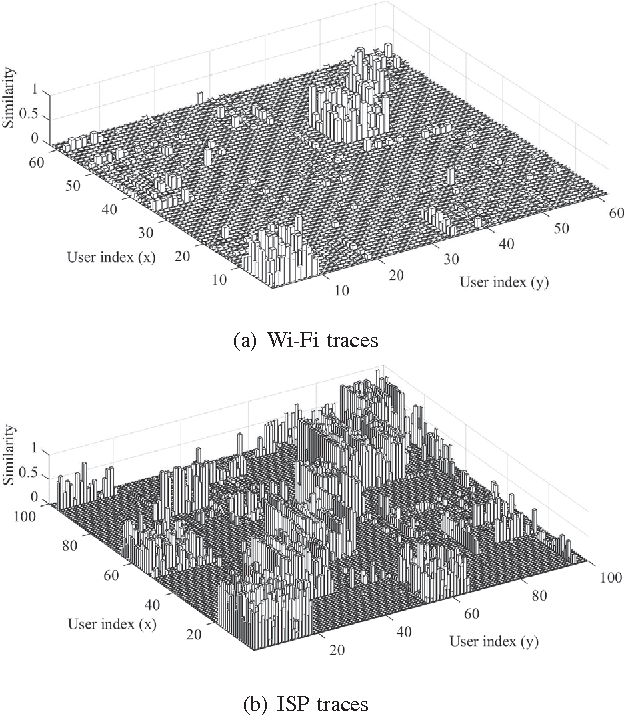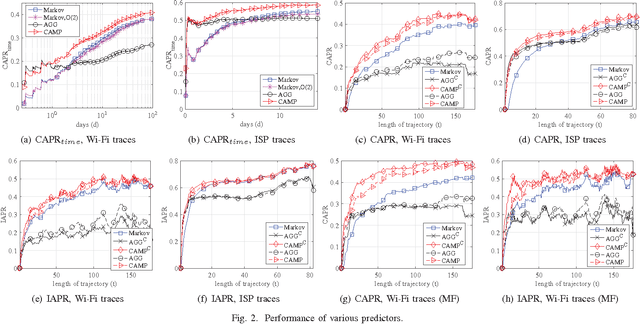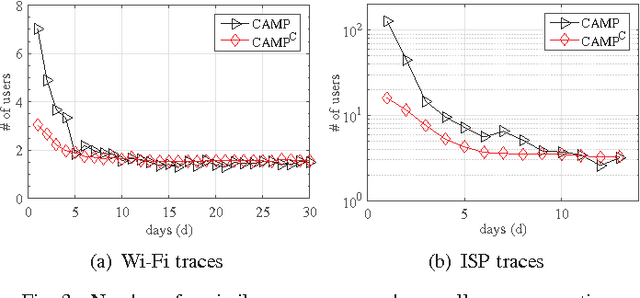Mathieu Leconte
Online Frequency Scheduling by Learning Parallel Actions
Jun 07, 2024Abstract:Radio Resource Management is a challenging topic in future 6G networks where novel applications create strong competition among the users for the available resources. In this work we consider the frequency scheduling problem in a multi-user MIMO system. Frequency resources need to be assigned to a set of users while allowing for concurrent transmissions in the same sub-band. Traditional methods are insufficient to cope with all the involved constraints and uncertainties, whereas reinforcement learning can directly learn near-optimal solutions for such complex environments. However, the scheduling problem has an enormous action space accounting for all the combinations of users and sub-bands, so out-of-the-box algorithms cannot be used directly. In this work, we propose a scheduler based on action-branching over sub-bands, which is a deep Q-learning architecture with parallel decision capabilities. The sub-bands learn correlated but local decision policies and altogether they optimize a global reward. To improve the scaling of the architecture with the number of sub-bands, we propose variations (Unibranch, Graph Neural Network-based) that reduce the number of parameters to learn. The parallel decision making of the proposed architecture allows to meet short inference time requirements in real systems. Furthermore, the deep Q-learning approach permits online fine-tuning after deployment to bridge the sim-to-real gap. The proposed architectures are evaluated against relevant baselines from the literature showing competitive performance and possibilities of online adaptation to evolving environments.
Cluster-Aided Mobility Predictions
Jan 21, 2016


Abstract:Predicting the future location of users in wireless net- works has numerous applications, and can help service providers to improve the quality of service perceived by their clients. The location predictors proposed so far estimate the next location of a specific user by inspecting the past individual trajectories of this user. As a consequence, when the training data collected for a given user is limited, the resulting prediction is inaccurate. In this paper, we develop cluster-aided predictors that exploit past trajectories collected from all users to predict the next location of a given user. These predictors rely on clustering techniques and extract from the training data similarities among the mobility patterns of the various users to improve the prediction accuracy. Specifically, we present CAMP (Cluster-Aided Mobility Predictor), a cluster-aided predictor whose design is based on recent non-parametric bayesian statistical tools. CAMP is robust and adaptive in the sense that it exploits similarities in users' mobility only if such similarities are really present in the training data. We analytically prove the consistency of the predictions provided by CAMP, and investigate its performance using two large-scale datasets. CAMP significantly outperforms existing predictors, and in particular those that only exploit individual past trajectories.
 Add to Chrome
Add to Chrome Add to Firefox
Add to Firefox Add to Edge
Add to Edge